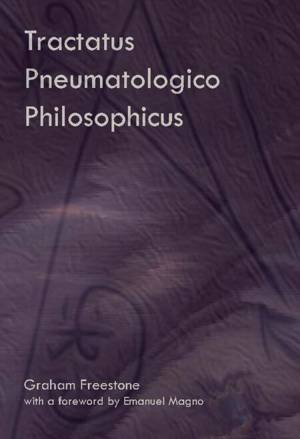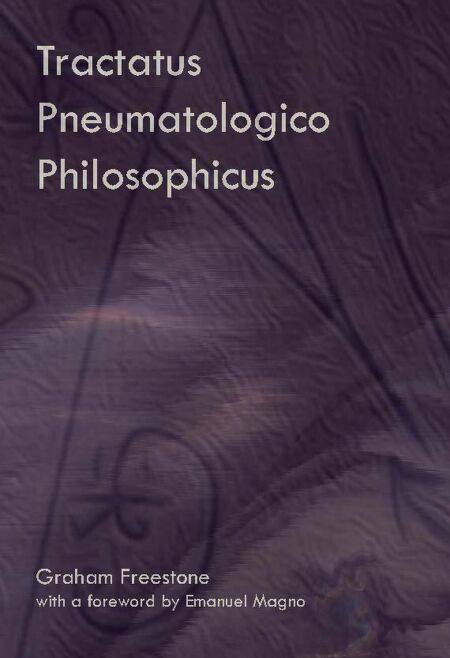
- Afhalen na 1 uur in een winkel met voorraad
- Gratis thuislevering in België vanaf € 30
- Ruim aanbod met 7 miljoen producten
- Afhalen na 1 uur in een winkel met voorraad
- Gratis thuislevering in België vanaf € 30
- Ruim aanbod met 7 miljoen producten
Omschrijving
The problem of paranormality is a thorn in the side of philosophy. It
makes Cartesian doubt look like viable worry. Ensconsed in its own
dream of solid world rationality, philosophy fails to pay attention to
the fact that psychological explanations for paranormal phenomena
are not proof that the psychological explanations are correct. Whilst
the Tractatus in no way says that paranormality actually obtains,
what it is does say is that we cannot extirpate the experience of
paranormality from our lives. Furthermore, since we cannot remove
the phenomena with a 'solid world' ontology, we should at least
consider what the alternative would look like.
The Tractatus is largely concerned with exploring this alternative
ontology -whilst accepting it is potentially just an appearance. Taking
cues from chaos magickal insights and grounding itself in the
experience of paranormality (taking synchronicity as a key example)
the book suggests active conceptuality (or pneuma as it is named
herein) is the necessary condition for such phenomena to occur. The
implications of accepting this kind of 'substantial conceptuality' are
then variously explored both in relation to paranormality and regular
philosophy. The result suggests a philosophy that seamlessly fuses a
magickal interpretation of existence with the regular everyday one
Specificaties
Betrokkenen
- Auteur(s):
- Uitgeverij:
Inhoud
- Taal:
- Engels
Eigenschappen
- Productcode (EAN):
- 9781393117223
- Verschijningsdatum:
- 10/03/2020
- Uitvoering:
- E-book
- Formaat:
- ePub

Alleen bij Standaard Boekhandel
Beoordelingen
We publiceren alleen reviews die voldoen aan de voorwaarden voor reviews. Bekijk onze voorwaarden voor reviews.









